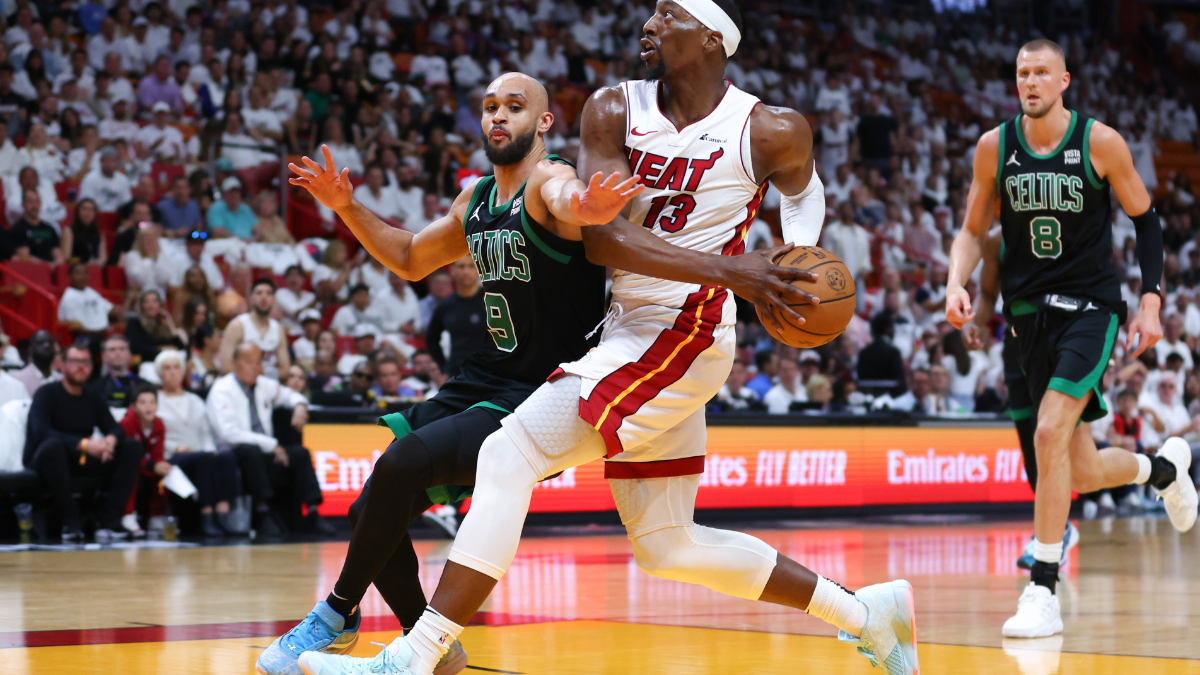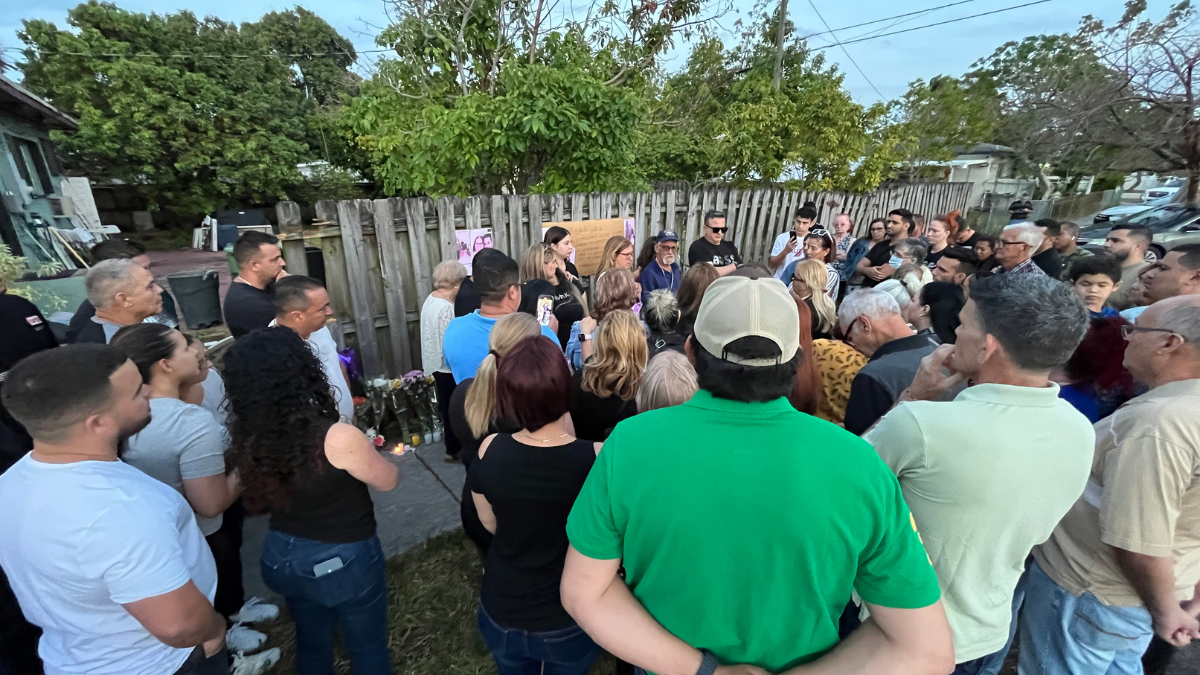Up to 1,000 strip-mall parlors where people can play slot-like computer games became illegal Wednesday in Florida, with the governor signing a ban on the heels of a federal investigation into a charity that authorities say was an illegal gambling front.
The law took effect immediately after Gov. Rick Scott signed it, roughly a month after nearly 60 people were arrested in connection with the racketeering investigation into Allied Veterans of the World. The arrests prompted the resignation of former Lt. Gov. Jennifer Carroll, who did consulting work for the group but has not been accused of wrongdoing.
The Legislature and governor acted with dizzying speed, leaving many questions as to the law's impact and how the centers known as Internet cafes would react. The ban is also expected to directly affect adult amusement arcades that cater to senior citizens.
Scott, who quietly signed the bill behind closed doors, called the ban the "right thing to do for our state."
Enforcing the ban will fall to local authorities. But some arcade operators said they weren't taking any chances.
Johnny Figueria, manager of the Tropicana Bingo & Arcade in Hialeah, said nearly 100 machines were shut down Tuesday as a precaution until he and other arcade managers understood the law.
"This law will affect everyone here," he said in Spanish. "There are people who come here in the morning to play bingo and then stay later to play the machines until their son comes to pick them up, so they won't be home alone."
Four employees were told not to show up for work Wednesday, and bingo manager Kenia Landa said she was worried she may lose her job.
"I feel so sorry, including me, because I don't know what is going to happen," she said. "The only support I have is this job."
Local
In Pompano Beach, Johnny's Arcade had a dark arcade floor Wednesday evening, after owner Gail Fontaine shut down her business.
"This is so far from a casino that it's not even funny," she said.
During a brief question-and-answer session with reporters Scott brushed aside questions as to jobs that could be lost by the new ban. Scott, who has made job creation his primary focus, instead said legislators should pass tax-cut measures he is pushing this year.
Scott and legislators acted in the wake of the Allied Veterans of the World charity scandal. The charity —which was affiliated with dozens of storefront gaming centers — was accused of running a $290 million illegal gambling business that directed most of the proceeds into its owners' pockets.
The parlors started sprouting around the state within the last six years amid debates over their legality. The game makers argued they were legal sweepstakes because there is a predetermined number of winners, similar to a McDonald's Monopoly game or Coca-Cola cap contest. Unlike slot machines run at casinos, the operations were not heavily regulated.
Most of the parlors sell customers Internet or phone time, allowing them to check email and surf the Web on computers. Instead, however, many customers play games like "Captain Cash" and "Lucky Shamrocks," and players are encouraged to spend more to win more, investigators said.
Existing law allows slot machines in casinos run by the Seminole Tribe and at dog and horse tracks in South Florida. The new law makes it clear that machines that simulate slot machines or other casino type games are illegal elsewhere in the state.
The legislation also puts limits on sweepstakes and says arcades cannot award gift cards or cash to winners. It also says arcades are supposed to have coin-operated games that involve an element of skill, not casino-style games of chance.
Gale Fontaine, president of the Florida Arcade Association, called on officials to enforce the law equitably. Her organization said the law would also outlaw machines operated at bowling alleys, airports and skating rinks.
Supporters of the law, however, said lawmakers were clarifying gray areas in the state's gambling law that had not kept pace with new technology.



